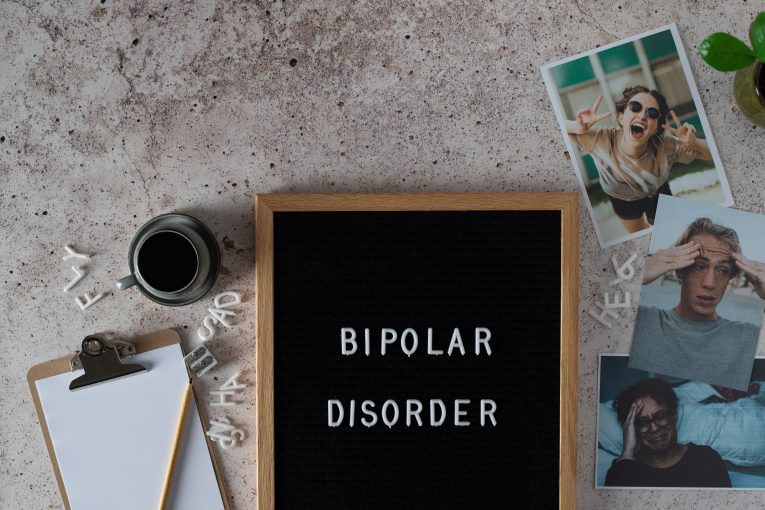
Friday (25/3) Center for Public Mental Health (CPMH) Faculty of Psychology UGM held an Online Lecture which is a routine program every two weeks. Online lectures are held to provide mental health literacy to the public. This is done so that there is no misunderstanding and creates a stigma during the outbreak of mental health issues in the community.
Presented by two speakers, namely Nurul Kusuma Hidayati, M.Psi., Psychologist and Wirdatul Anisa, M.Psi., Psychologist, this Online Lecture event raised the topic “Break the Stigma: Bipolar Disorder”. The topic was raised because it coincides with World Bipolar Day as well as to examine the phenomenon currently related to the pandemic, namely emotions. Being one of the things that is associated with the pandemic, the frequent emotional changes experienced, does it include bipolar disorder?
Bipolar disorder is a mental disorder that causes excessive mood swings. The mood swings occur suddenly, from very happy (mania) to very sad (depression). Extreme mood swings can affect daily activities not just for hours, but for months.
“People with bipolar disorder who are in a state of mania, tend to be emotionally more sensitive, more irritable. Besides that, he also becomes a person who talks more because he has many ideas and his mind is fast,” explained Wirdatul.
In addition to explaining what bipolar disorder is, this Online Lecture also explains what other people can do to provide support to ODB (People with Bipolar). Some things that can be given as a form of support are not labelling/stigma, accompanying patients to visit professionals, supporting in seeking treatment/therapy, supporting the recovery process, and knowing risk factors, symptoms, and triggers for symptoms.
“Psychic equals physical. When we have been diagnosed with typhoid, will we become immune from typhoid? Certainly not. It means, when we have experienced it, we become people who realize that we have more vulnerabilities than other people,” explained Nurul
